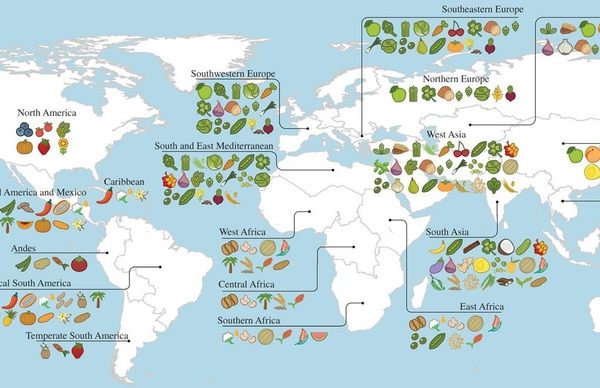All Life Is Problem Solving
There’s a good reason why The Black Swan is a best seller. It’s written in a very lively style with great narratives, literary images, and vivid terms and phrases. Nassim Nicholas Taleb (NNT) talks about scalability, non-scalability, Extremistan, Mediocristan, the fallacy of silent evidence, confirmation error or platonic confirmation, epistemic arrogance, future blindness, the lottery-ticket fallacy, the ludic fallacy, Mandelbrodtian randomess and Gray Swans, the narrative fallacy, Platonic folds, Platonicity, randomness as incomplete information, retrospective distortion, and the round-trip fallacy. In future Knowledge Management blogs, I’ll be commenting on many of these ideas. In this blog, I’ll begin with NNT’s distinction between Medocristan and Extremistan, and will also comment on the idea of randomness as incomplete information.
Both Mediocristan and Extremistan are Weberian Ideal Types. They are “utopian” places, “countries,” “provinces,” or “lands.” What distinguishes these, first of all, is the idea of “non-scalability” vs. “scalability.” Non-scalability exists when the consequences of an activity are dependent on the labor or effort invested. The remuneration of a Doctor, Lawyer, or industrial worker isn’t scalable because its based on the number of hours worked. The work of an author, however, may produce gains that are unrelated to its quantity. These gains are scalable in the sense that a relatively small amount of work can lead to a huge return. NNT has had a career as a trader. Traders can make a fortune in a single day if they can sense the direction of the market and ride a wave.





















